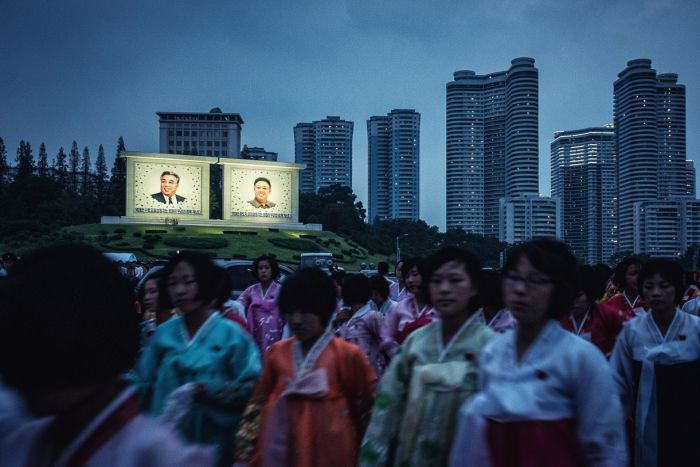*Update from February 8th Post*
Chun Jin is a child in our orphanage who, in February was poised to make the leap from being in our care to being fully on his own. He finished his training this spring and is now financially self-sufficient. He is the first child in our network to do so. He is now a hair stylist in Northeast China. We are so proud of him for making this leap but we also know that this is not the most important thing.
His Background
Chun Jin is from a small town in Northeast China. His father was known throughout the town as an alcoholic. Chun Jin had no one to care for him even though he lived with his father. This was until he found a place in our orphanage.
Though he no longer lives in our orphanage, Chun Jin often returns to thank our caretaker there.
“Thank you so much for disciplining me,” he said earlier this year. “I would have ended up just like my father.”
This is Just the Beginning
Chun Jin is 18 years old. He has his whole life in front of him. There will be ups and downs, disappointments and setbacks. Though we have worked hard to help him find a trade that he can be successful in, we know that his trade is just one aspect of his life. There are other, much more important things.
The Most Important Things
Jobs come and go; careers change; and economies can shift at the drop of a hat. But one thing we hope will carry Chun Jin through his life is a strong character and faith. The Bible doesn’t give us clues about what we should be, it only instructs us on who we should be. We think the kind of person Chun Jin becomes is much more important than what he chooses as his vocation.
We have been working on his character for years. Chun Jin has been waking up early in the morning to do his exercises. We have been helping him finish his schoolwork every evening. We have been taking him to church every Sunday. We have been correcting him, teaching him and loving him through very dark times.
All the children in our network have dealt with major losses in their lives. They have all lost their mothers. Many of them do not know where their mothers are or if they are alive. Many don’t know where their fathers are. And for those that live in our group homes or orphanage, it is traumatic to leave their homes and be in the care of strangers. These losses are profound for any child.
Our Hope
Our hopes for children like Chun Jin are not that they would only have a career but that they would have a heart. But what’s most important is that they know that they are loved by God and that they must love their neighbor.
We do not just send Chun Jin out into his profession, we send him on a mission to spread God’s love to whomever he touches.
___________________
Meet Chun Jin. His mother was a North Korean refugee who was sold to his father.
He is 17-years-old and is inching ever closer to adulthood. He is a child who is the closest in our network to starting his career. It is Crossing Borders’ goal to prepare him and all the children in our network for adulthood.
In 2014, 75 percent of our children had a plan for their future. Today, that percentage is at 92. We hope to make it 100 percent.
When Crossing Borders started, Chun Jin was just three-years-old. There is a whole generation of children who were born in the wake of the Great North Korean famine. As refugees rushed out of North Korea, they were sold to Chinese men who were in need of wives.
Most of the children in our network were born between 1998 and 2005. The UN estimates that there are 20,000 to 30,000 of these children. Chun Jin was born in 1999.
Chun Jin is in our orphanage and has access to a number of good vocational programs. The woman who oversees his orphanage employs a military-style training for the children in her home. Each morning the kids wake up and do an hour of exercise outside, have breakfast, wash and get ready for school. Their time after school is also regimented. She hopes to instill a self-discipline in these children that will last them a lifetime.
Chun Jin expressed to us last year that he would like to become a hair stylist. We put him in a program that will get him ready for this job and for eight hours or more per day, he is snipping, brushing, cleaning and blow drying his way to complete his training.
He will be finished this year. And if everything works out, he will be our first child to come off our aid to start a career.
It has taken us 14 years, an immense amount of resources and focused effort to get to this point. We hope this is the start of something great in his life and in the lives of many North Korean orphans like him.
To contribute to the training of our orphans and receive regular updates on their progress, sign up below.



















